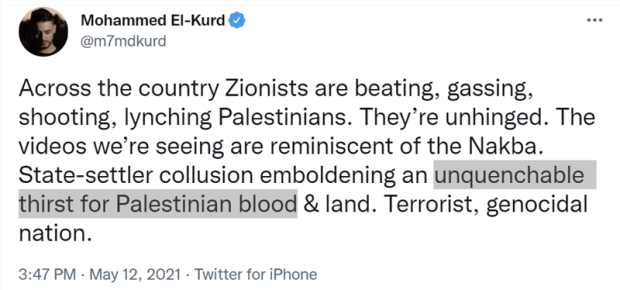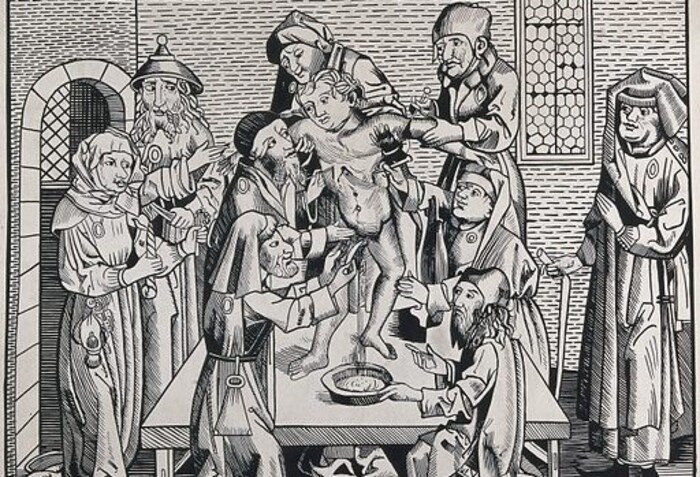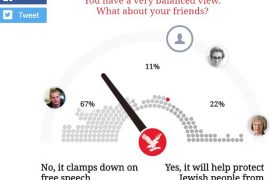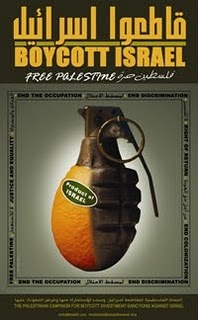A month has passed since CAMERA UK, Campaign Against Antisemitism and other concerned organisations complained to the Guardian about their legitimisation of Mohammed el-Kurd’s blood libel, and the outlet still refuses to amend the article to make it clear they reject his antisemitic accusation.
The Guardian piece in question, written by Sian Cain (“Adelaide Writers’ Week: rare moments of empathy and nuance found amid a storm of controversy”, March 12) noted the following about a row at a Writers Week in Australia involving el-Kurd – the extremist Palestinian activist.
A storm brewed. Attention turned to the other Palestinian writers on the bill, including Mohammed El-Kurd, a Palestinian poet whose debut collection Rifqa narrates his experience of dispossession in the Sheikh Jarrah neighbourhood of East Jerusalem. [ADL] has criticised some of his social media comments as antisemitic, as well as a line in one of his poems: “They harvest organs of the martyred, feed their warriors our own.”
Kurd’s accusation of Israel “harvest[ing] the organs of…martyred” Palestinians and “feeding” those organs to their own soldiers is a monstrous version of the medieval antisemitic blood libel – variations of which incited the murder of Jews going back to the Middle Ages. Though the libel began in Norwich in 1144 with the accusation that Jews murder non-Jews and then use the victim’s blood for Jewish rituals, it lives on today in similar language about Israelis.
However, further into the Guardian article, journalist ended up legitimising that very antisemitic accusation:
El-Kurd, speaking to the crowd via video link from New York, addressed the line about organs that some had labelled antisemitic: it was based on easily found and widespread news reports from 2009 in which the Israeli military admitted pathologists had harvested organs from dead Palestinians, and others, without the consent of their families for years.
Let’s briefly unpack this.
The Guardian, in deciding to give el-Kurd – who has a history of antisemitic rhetoric and endorsing terrorist violence against civilians – the final word on ADL’s characterisation of his words as racist, treats his charge that Israelis eat Palestinian organs not as a morally grotesque and indefensible example of antisemitism, but as something that’s arguably true.
Moreover, we should stress that the article el-Kurd highlighted doesn’t – in any conceivable way – back up Kurd’s blood libel. The piece in question was (naturally) a grossly misleading 2009 Guardian article that was amended by editors after readers complained that the headline, accusing Israel of “harvesting” Palestinian organs, wasn’t supported by the text.
This actually isn’t the first example of the Guardian legitimising the blood libel.
The 2009 play Seven Jewish Children, by Caryl Churchill, which depicted Jews (not Israelis, but Jews qua Jews) as “having a…blood lust for the murder and mutilation of non-Jewish children”, not only received a good review at the outlet, but is available (in video and text) as permanent content on their website to this day.
Finally, it’s important to note that the poem by Kurd isn’t a one-off. He’s promoted the blood libel theme previously on Twitter:







